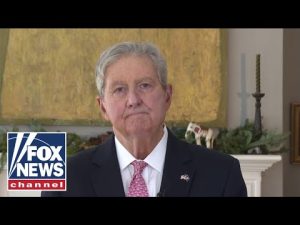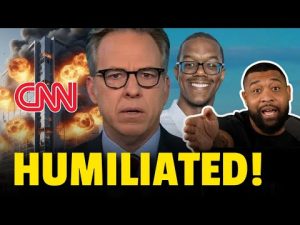In the world of politics, few figures create as much passionate debate as the former Vice President discussed here. Known for his involvement in key events that shaped national policies, his legacy is both fascinating and controversial. People often forget that behind the public persona was a man who approached his duties with seriousness, always striving to do what he believed was right for the country. His cool demeanor and articulate nature made him a force during television appearances, turning complex topics into seemingly straightforward ideas.
Despite being seen by some as a “warmonger,” he was described by those who knew him as gentle and rather soft-spoken—a far cry from the image often painted by critics. He had a way of explaining even the most contentious policies in a manner that could charm even the staunchest skeptics. His dedication became especially pronounced during the tumultuous period following September 11, as he played a vital role in shaping the strategies against global terrorism. Alas, his strong support for the Iraq War left a mark that many still see as a blemish on his record.
Let’s not forget the infamous hunting accident, which added a dose of peculiarity to his story. Even the best-written political dramas would struggle to script the moment a sitting Vice President accidentally shot his hunting companion, a situation almost too surreal to believe. Yet, in true form, he faced the incident with a typically reserved and straightforward attitude, opting to address the questions head-on rather than shy away from the media. It was a puzzling yet emblematic episode of his career, encapsulating both the seriousness and unintentional humor of his public life.
In his later years, as the political landscape shifted, he found himself openly opposing former President Trump. Aligning with his daughter, he took a stand that bewildered many within the MAGA community by suggesting support for Kamala Harris—a move that only added fuel to an already fiery debate over his legacy. This decision seemed to cement his standing among those wary of military interventions, adding layers to how history might ultimately judge him.
Despite the controversies, one cannot overlook the complexity of his contributions. He stood as a testament to the ever-evolving nature of political allegiance and the nuanced paths leaders must navigate. His life’s story serves as a reminder that in politics, people may not always agree, but they must acknowledge the multifaceted nature of those who hold positions of power.







